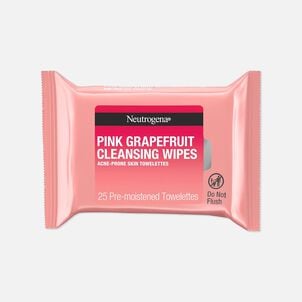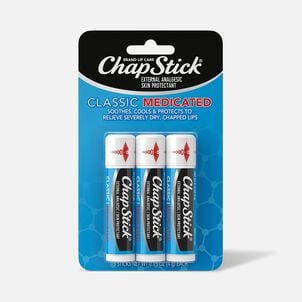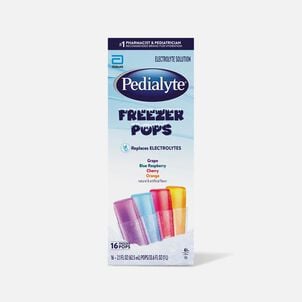As more and more research comes out linking healthy mouths to healthy bodies, proper dental hygiene is taking an increasingly more important role in preventative maintenance and overall health awareness. In fact, a recent survey found that 95% of adults in the U.S. said that they wanted to be better about keeping their mouths healthy.
If you have an HSA, you may be wondering what types of dental services are actually covered. And if so, you're not alone.
While dental services and HSA eligibility isn't quite a black and white discussion, there are some common — and necessary — dental procedures that are eligible.
Common dental services covered with your HSA
With an HSA, there's a big difference between services that diagnose, treat, mitigation, cure or prevent a disease or treatments affecting a function of the body and services that fall under the category of general health.
Some of the most common types of HSA-qualified dental care procedures include:
- Fillings – This is a common procedure to "fill" a cavity after your dentist has cleaned it out.
- Root canals – This procedure involves your dentist removing the infected parts of the root of your tooth and filling in that area with a hard, protective material.
- Extractions – When your tooth is so damaged that it can't be saved.
- Crowns – Artificial dental material that dentists use to replace broken or cracked teeth. Unlike dentures, they are permanent and can't be removed.
- Dentures – Artificial teeth that are removable. Full or partial dentures are covered with your HSA, as are accessories like cleaning supplies and sealants.
- Bonding – A procedure that fixes chips and minor cracks in your teeth. Dentists apply a resin that's the same color as your tooth to the area that's chipped or cracked, and bond it with an ultraviolet light.
Your HSA also covers expenses for standard dental cleanings and dental check-ups. One thing to keep in mind is that some of these procedures may have a co-payment, so it's important that you check with your dental insurance provider to find out exactly what you'll have to pay out of pocket.
Dental services that aren't covered
Dental expenses for items like toothpaste, toothbrushes, dental floss, and mouthwash are considered general health services and are not eligible for reimbursement. In other words, though we all know these products and practices are crucial for good dental hygiene, they're not HSA eligible.
And, on that note, teeth whitening, despite its many benefits, is considered a cosmetic procedure and isn't covered.
Having healthy teeth and gums probably means that you're pretty healthy overall. Bad oral health could mean that you have other lingering health problems that you may not even know about. By using your HSA, you can stay on top of your dental checkups, and address problems before they become serious enough to affect your entire body.
-
Thank you for visiting the HSA Store Learning Center! Don’t forget to follow us for more helpful tips on Facebook, Instagram, and Twitter!


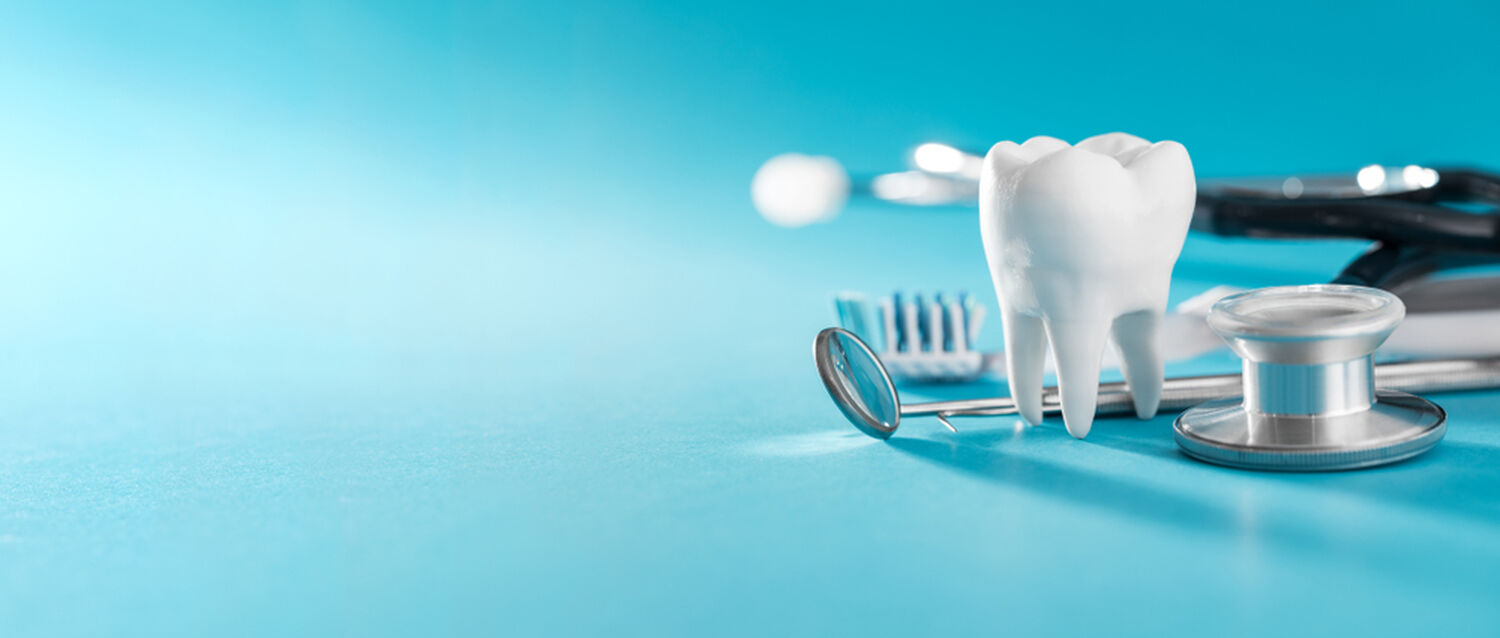
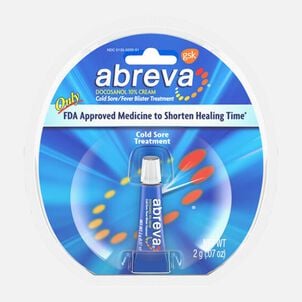
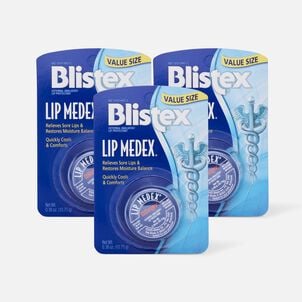
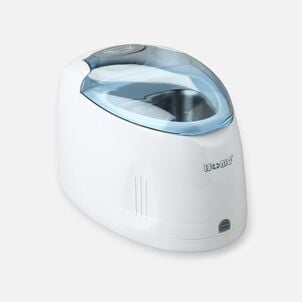
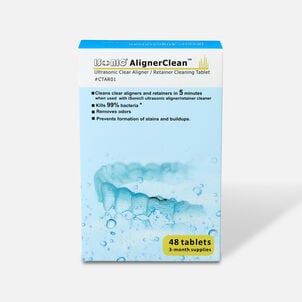
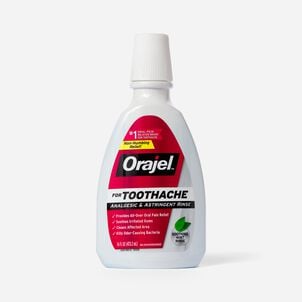
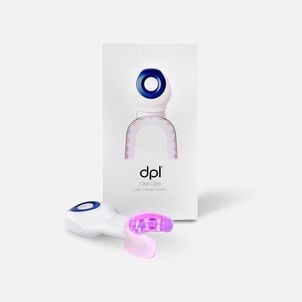
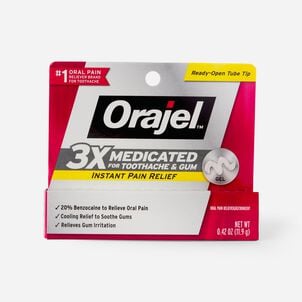
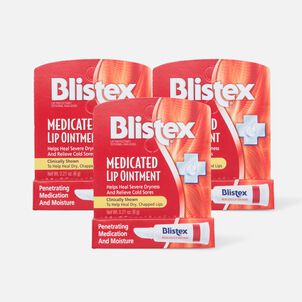
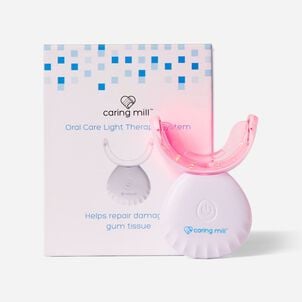
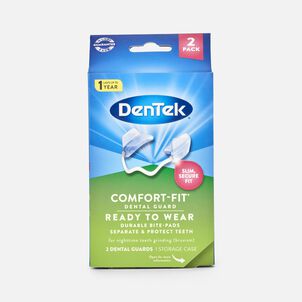
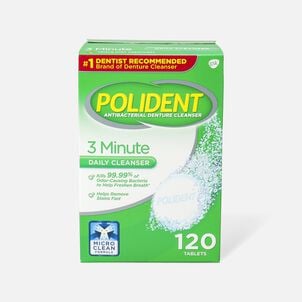
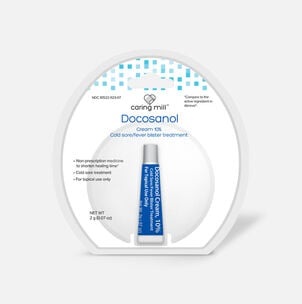
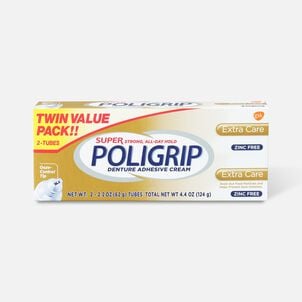
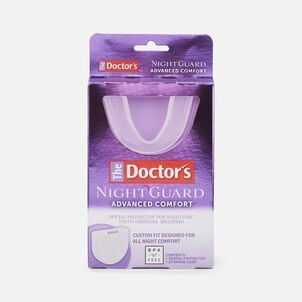
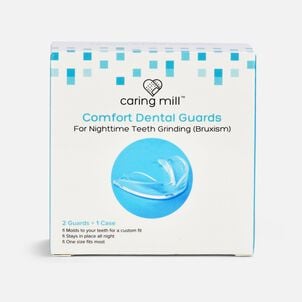
.png)










